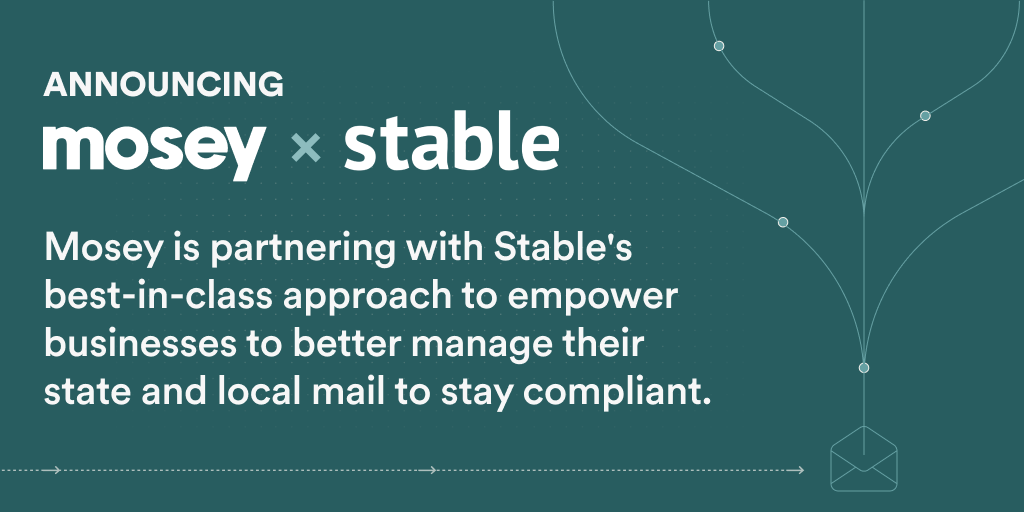Foreign qualification with the Secretary of State in Kansas is the process by which a business that was originally formed in another state registers to do business in Kansas. This allows the business to legally operate in Kansas and ensures compliance with state regulations.
Follow the guide below to help you register with the Secretary of State in Kansas or use Mosey to do it.
Use Mosey to register with the Secretary of State in Kansas.
Avoid the hassle of doing it yourself and use Mosey to automate foreign qualification, annual reports, and registered agent service.
Kansas Foreign Registration for Professional Corporation, LLP, LLC, Corporation
Foreign businesses "doing business" in Kansas must register with the State's Secretary of State by completing an Application for Registration. Kansas, like most states, defines foreign entity activities that do not constitute doing business.
Obtain a Certificate of Good Standing
Kansas requires a Certificate of Good Standing from your home state issued within 90 days.
Establish a Resident Agent
You must continually maintain a resident agent in Kansas to accept service of process at your registered office in Kansas.
Complete an Application for Registration
Print and complete the Application for Registration.
File your Application for Registration
After completing the Application for Registration, attach all required documents and filing fee, and submit your foreign registration documents by mail to the Secretary of State.
What else do I need to know?
Once you are registered with the Secretary of State, you may have additional requirements to maintain your "good standing" in the state. Failing to do so can result in fines, back taxes, and forfeiting certain priveleges within the state.
Maintaining a Registered Agent
Most states require that you have a registered agent that can receive important mail from the Secretary of State should they need to contact you. There are many commercial options available or you can use Mosey to be your registered agent and keep your information private in Kansas.
Annual Reports and Taxes
In addition to maintaining a registered agent, most states require you to file a report annually. Registration can also trigger state taxes such as a franchise tax or income tax. You can use Mosey to identify these additional requirements to maintain good standing in Kansas.




